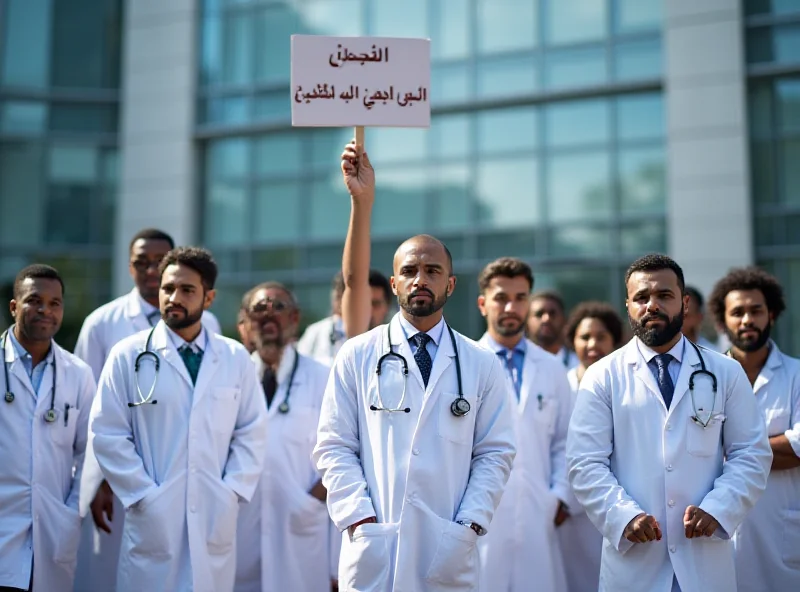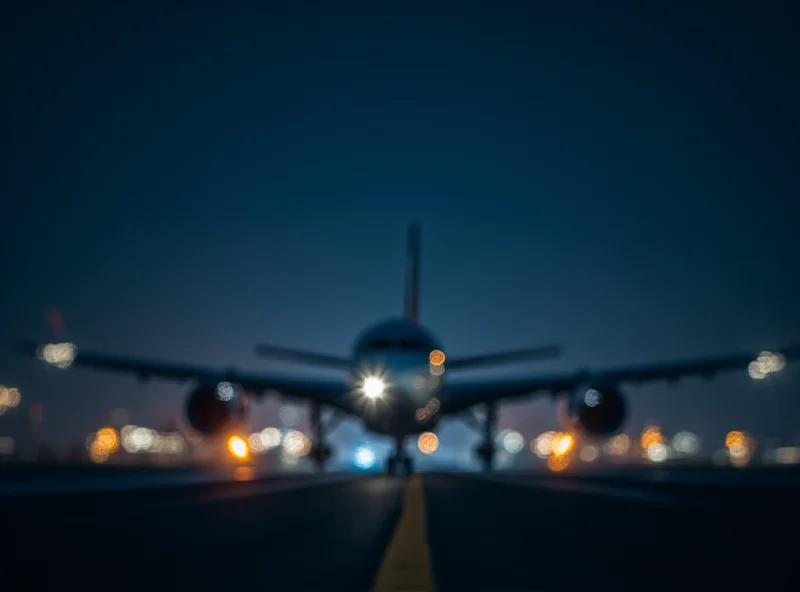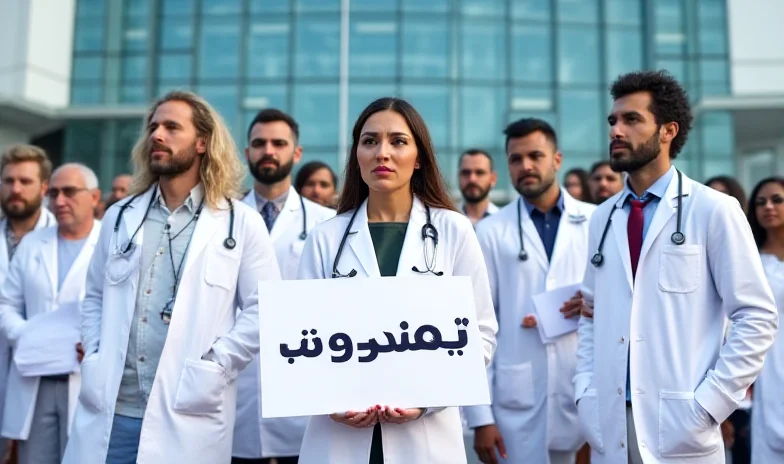Algeria is currently facing a confluence of challenges, ranging from social unrest to legal controversies and diplomatic tensions. Doctors have been on strike for months demanding better pay, while teachers are expressing growing frustration. Simultaneously, legal cases involving Algerian influencers and deportation issues involving France are drawing attention.
Doctors and Teachers on Strike
For months, Algerian doctors have been engaged in an indefinite strike across several hospitals. Their primary demand? Increased salaries. The situation is creating strain on the healthcare system, and there's no immediate resolution in sight.  Adding to the unrest, teachers are also simmering with discontent, suggesting potential future disruptions in the education sector.
Adding to the unrest, teachers are also simmering with discontent, suggesting potential future disruptions in the education sector.
"The situation is unsustainable. We need to address the concerns of these vital public servants," stated a local Algerian news outlet.
Influencer Legal Cases
Recent legal proceedings involving Algerian influencers have also captured public attention. Boualem Naman, known online as "Doualemn," was tried in Montpellier, France, on charges of "public and direct provocation without subsequent effect of committing a crime or misdemeanor." He received a five-month suspended prison sentence.  On the same day, Youcef Aziria, also known as "Zazou Youssef," appeared in Brest, France, facing charges related to "apology of an act of terrorism." These cases highlight the complexities of online expression and the law.
On the same day, Youcef Aziria, also known as "Zazou Youssef," appeared in Brest, France, facing charges related to "apology of an act of terrorism." These cases highlight the complexities of online expression and the law.
Deportation Controversy with France
A recent incident involving an Algerian national deported from France further complicates the relationship between the two countries. The individual, known for numerous acts of violence and subject to an OQTF (Obligation to Leave French Territory), was flown to Algeria. However, the Algerian government refused his return, sending him back to France just hours later.  This unusual situation raises questions about international agreements and the responsibilities of both nations.
This unusual situation raises questions about international agreements and the responsibilities of both nations.
Aphatie Controversy
The situation is further complicated by the accusations made by Jean-Michel Aphatie, a French journalist, who has been criticized by Paulin Césari for allegedly confusing journalism with morality. Césari contends that Aphatie crossed a line by accusing France of committing atrocities in Algeria akin to "hundreds of Oradour-sur-Glane" events. Césari characterized Aphatie as an "evangelist of wokism" for seemingly imposing his personal values within the context of objective reporting. This adds to the already tense dynamic between France and Algeria.
These ongoing events present a multifaceted challenge for Algeria, requiring careful navigation of social, legal, and diplomatic complexities.
